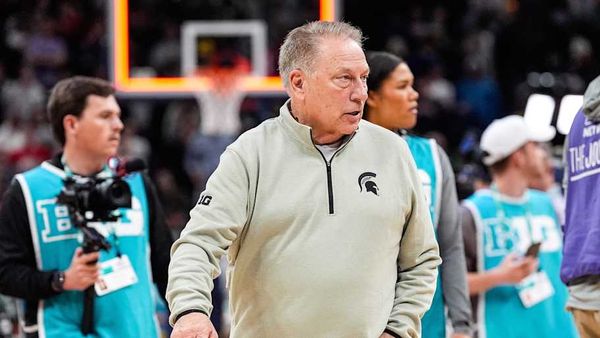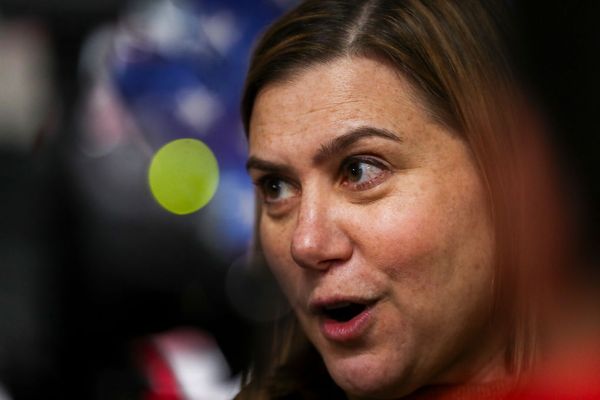NorthCoast Asset Management refined the holdings of its ETF portfolios in the closing months of 2022, setting the stage for healthy returns in the new year.
To that end, the firm added a U.S.-focused infrastructure ETF and a corporate bond ETF. NorthCoast also exited a couple of foreign ETF positions in the fourth quarter. The company has been focused on identifying ETFs that can weather inflation and interest-rate uncertainty.
Here are some highlights from the quarter.
Infrastructure ETF
NorthCoast recently swapped its position in the iShares Global Infrastructure ETFfor the iShares U.S. Infrastructure ETF. "IFRA has 95% exposure to U.S. companies whereas IGF only has 40% exposure to U.S. companies," said Patrick Jamin, chief investment officer for NorthCoast. "We think the European energy crisis is going to be impacting the eurozone economy more than the U.S. IFRA is a safer equity play because it's invested in many core, regulated utility assets."
"Another benefit to this trade is that IGF had a negative return on the year," he added, "so it allowed us to do some tax-loss harvesting."
Jamin bought shares of the iShares Interest Rate Hedged Long-Term Corporate Bond ETF in Q4. He likes the yield of IGBH and sees the holding as well-positioned to withstand economic volatility.
"IGBH holds investment-grade bonds that are interest-rate hedged so it allows us to have exposure to long-term corporate bonds with less interest-rate risk," he said. "We think high-grade credit is more likely to hold up better in the event of a recession than equities. The SEC yield is 4.4%, and when you consider that you are interest-rate hedged, it's quite attractive."
The NorthCoast team has kept the iShares MBS ETF among its top holdings. Jamin says mortgage-backed securities have faced headwinds from a drop in housing affordability and the Federal Reserve looking to reduce its balance sheet.
"But the good news is that pricing has adjusted for these risks," he said. "MBB now has a yield north of 4%, which is higher than 2021 when it was below 2%. The bonds are Triple A rated and the spreads have reached the widest level in the last decade, outside of the liquidation crisis in 2020."
Reopening Opportunity
Jamin kept stakes in the iShares MSCI Japan ETF heading into year's end. "We have a moderately constructive outlook for Japanese equities in the near term," he said.
He says that recently Japan's economy has been more resilient than expected. "There has been a reopening of the country's borders to tourism, which is likely to increase inbound demand and economic expansion," said Jamin.
NorthCoast has spread its bets on U.S. large-cap equity ETFs across iShares Core S&P 500 and Invesco S&P 500 Equal Weight.
"Our current readings are cautious on our outlook for both IVV and RSP," Jamin said. "There is a lot of macro uncertainty, which will be a headwind keeping a lid on much further upside."
"We see financial conditions tightening and monetary policy becoming more restrictive," he added. "On the positive side, there has been a downside surprise on consumer price index (CPI) data recently."
Jamin sold iShares Core MSCI Emerging Markets during the fourth quarter.
"Indicators are telling us there is a possibility of below-trend growth in emerging market countries," he said. "There could be weaker global demand for exports from these countries due to higher inflation and interest rates. China's exports fell by almost 9% in November year over year, the steepest drop since February 2020."







